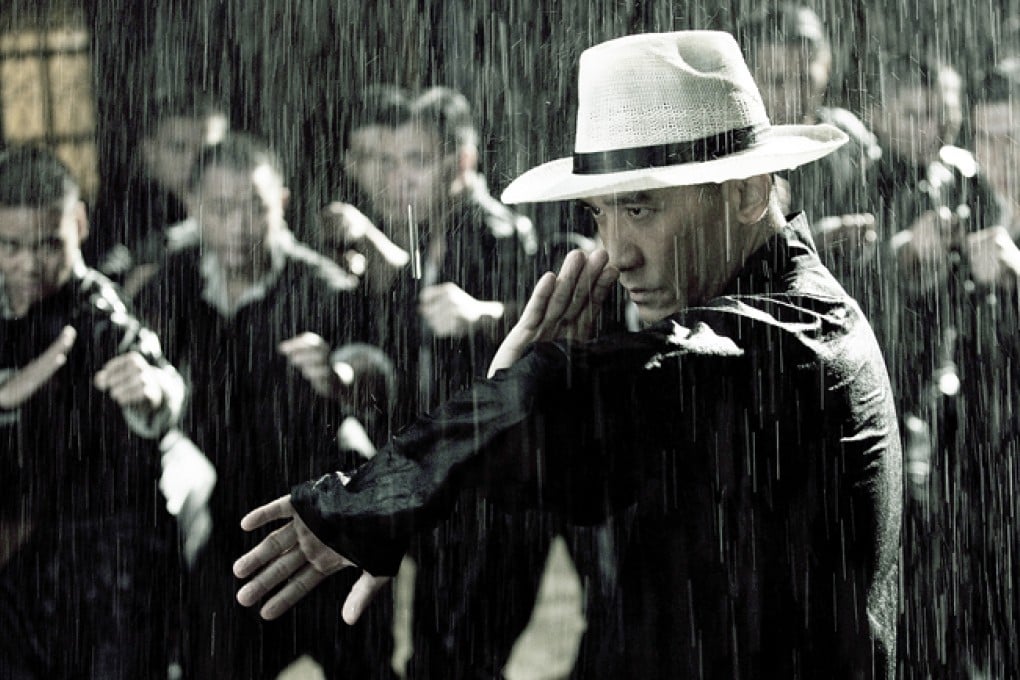Film review: The Grandmaster, by Wong Kar-wai
His first film, As Tears Go By (1988), was a drama about a triad; he also produced The Eagle Shooting Heroes (1993) and directed Ashes of Time (1994), based on characters from the Louis Cha Leung-yung martial arts novel. But Wong Kar-wai is usually looked upon as an auteur whose films feature more talk than action.

Director: Wong Kar-wai
Category: IIA (Cantonese and Putonghua)

His first film, As Tears Go By (1988), was a drama about a triad; he also produced The Eagle Shooting Heroes (1993) and directed Ashes of Time (1994), based on characters from the Louis Cha Leung-yung martial arts novel. But Wong Kar-wai is usually looked upon as an auteur whose films feature more talk than action.
So it can make for a shock to discover his much-anticipated The Grandmaster – first mooted in 2002 – features more action than dialogue.
Originally conceived as a biopic about Ip Man, the wing chun martial arts exponent whose students included Bruce Lee, the film starts off as planned. But while Ip (played by Tony Leung Chiu-wai) is the movie’s main man, it soon becomes clear The Grandmaster has another prominent character in Gong Er (Zhang Ziyi), the proud daughter of northern martial arts master Gong Yutian (Wang Qingxiang). The film’s original title was The Grandmasters.
Early on, there is a beautifully choreographed duel between Ip and Gong Er in the gilded confines of a high-class brothel frequented by the martial arts masters of Foshan, Ip’s hometown. The fight pits a “hard”, masculine, northern-style of kung fu against a “soft” martial arts form invented by a nun – all the more intriguing then that it’s Gong Er who’s using the hard system while Ip has the softer wing chun moves.
If only the rest of The Grandmaster matched that level of superlative filmmaking. The cinematography by Philippe Le Sourd does offer some beautiful scenes, notably a funeral in the snow. Too bad then that unlike some of Wong’s earlier works (i.e. pretty much the ones he helmed between 1990 and 2000), the whole is not greater than the sum of its parts here.